-min.png)
Hiring a Webflow Agency: 9 Questions to Ask Before You Commit
Key takeaways
- Hiring a Webflow agency is a business decision. The wrong partner can waste time and money.
- The right questions reveal an agency’s process, portfolio, and ability to deliver scalable sites.
- Custom builds, clean CMS setups, and integrations are key for long-term success.
- Collaboration, ownership, and post-launch support show if an agency will be a real partner.
- Strong agencies prioritize performance, responsiveness, and SEO from the start.
- A checklist and smart questions help you compare agencies and spot red flags before signing.
If you’re already exploring Webflow for your project, you’ve likely realized that the way to achieve the best results is to partner with a capable Webflow agency. And the emphasis is on “capable.”
I’ve seen businesses waste time and money fixing poorly built Webflow projects instead of focusing on growth. That’s why choosing the right Webflow agency is not a design decision but a business one.
In this guide, I’ll give you the nine essential questions you need to ask your potential Webflow partner before deciding if you’re the right fit.
9 Essential Questions to Ask Before Hiring a Webflow Agency
Before you sign a contract, make sure you have clear answers to these nine key questions. They’ll help you determine if a Webflow agency is the right option for your needs.
1. What’s Your Design and Development Process?
Every Webflow agency has a process, but not all processes are equally good. This question is important because it tells you whether the agency is focused only on making something that looks good, or if they also care about usability, future scalability, and long-term performance.
An ideal answer walks you through clear steps:
- Discovery
- UX/UI design
- Responsive build
- QA testing
- Launch
If they mention SEO, GEO, and performance along the way, that’s a plus.
What you don’t want to hear is something vague like “we’ll design a few pages and go from there.” That usually means no structure, and no structure leads to messy, hard-to-maintain websites.
2. Can You Show Me Your Webflow Portfolio and Case Studies?
When you ask this question, you’re really trying to see if the agency has a track record of building the kind of site you need. Ideally, you should receive live Webflow links you can click through on desktop and mobile. Some agencies will give you screenshots only, but these don’t tell you how the platform works, only how it looks.
Case studies are the next layer that should highlight aspects other than the visuals. Look for things like:
- Faster load times
- Better SERP rankings
- Easier content management
- Improved conversions
In my opinion, if an agency only shows superficial designs and avoids sharing client results, that’s a potential red flag. The best webflow agencies are proud to show their work and the business impact it has had.
3. Do You Build Custom or Rely on Templates?
Don’t get me wrong, there’s nothing wrong with templates. Every designer uses them at some point, and they can save time and resources on smaller projects. Still, a serious Webflow agency won’t hand you a cookie-cutter site that looks like a dozen others on the internet.
Ideally, your chosen agency may use a template as a foundation if it makes sense for your budget or timeline, but they’ll customize it to fit your brand, goals, and user needs.
If an agency mentions that they rely only on templates with minimal changes to save you money or achieve a quicker turnaround, that’s a warning sign. Plug and play is important, but you’ll want originality to help your brand stand out.
4. How Do You Handle Performance and Responsiveness?
When you ask this question, a strong agency should immediately talk about optimizing for speed, mobile, and user experience. Why does this matter? Because performance directly affects conversion, SEO, and how professional your brand feels online.
The ideal response would cover aspects like:
- Core Web Vitals (Largest contentful paint, CLS, FID, etc.)
- Mobile-first design with testing across devices
- Optimized images and animations that don’t slow down the site
Some agencies may try to dismiss this question with “Webflow handles that by default,” but that’s not the answer you’re looking for. Webflow gives you the tools you need to achieve good performance and responsiveness, but it takes skilled builders to make the most of them.
5. What’s Your Experience with Webflow CMS and Integrations?
This question matters because a poorly set-up CMS can turn into a nightmare. As a Webflow expert, I’ve seen it way too many times when I was hired to fix someone’s project.
Without the right structure, you’ll end up with clunky workflows, duplicate pages, and hours wasted on simple updates. The same is true for integrations. If not done right, you may run into broken connections, missing data, or tools that simply don’t talk to each other the way they should.
Your chosen agency should show that they know how to build flexible CMS collections, make content updates easy for your team, and connect Webflow with CMRs, analytics, or email platforms. If they can show you examples of past integrations and CMS-driven projects, that would be best.
6. How Will You Collaborate With Our Team?
Hiring third-party experts can be tricky because it adds another layer of communication and collaboration on a project. These things sometimes don’t go smoothly, so the agency you choose should explain how they plan to integrate into your existing workflow. This can be through Slack, Asana, Notion, or another platform.
When we work with outside experts at Flow Ninja, we always ask how often we’ll get updates, what kind of feedback we should provide, and how they’ll make sure deadlines don’t slip. If these aspects are not defined beforehand, you risk miscommunication and endless back-and-forth.
If you need post-launch support, you should also communicate that, as many Webflow agencies offer training sessions to help your team find their way around Webflow.
7. What’s Your Approach to SEO and On-Page Optimization?
Even if SEO may not be your top priority right now, the way your site is built has a big impact on how well it shows up in search results. And even the best-looking website is pointless if people can’t find it.
A knowledgeable agency should make sure to use:
- Clean heading structure (H1, H2, H3 used properly)
- Meta titles and descriptions set up for each page
- Alt text for images
- SEO-friendly URLs
- 301 redirects if migrating from another platform
If you need SEO support post-launch, look for a full-stack agency like Flow Ninja that does everything — design, development, and SEO/GEO.
Even if the agency you’re talking to cannot provide a complete SEO roadmap, they should at least guarantee that your site is built on a solid, search-friendly foundation.
8. How Do You Handle Ownership, Handoff, and Training?
At the end of your project, you should own everything and have full control of the platform. This includes things like your Webflow account, domain, and all related assets. Some agencies will keep control over hosting or lock you into paying for small updates, which can get frustrating or costly down the line.
For example, our process typically includes:
- Transferring full ownership of your Webflow project and hosting
- Providing documentation or training so your team can confidently make future edits
- Offering optional support if needed, without making you dependent on our services
Your needs may be different, especially if post-launch support is in the loop, so it’s crucial for an agency to be able to hand over the keys while still being available if you need help down the road.
9. Do You Offer Post-Launch Support and Maintenance?
Launching your site is the starting point, not the finish line. At this point, bugs may pop up, content needs updating, and sometimes you realize a feature could be improved once real users start engaging with the site. This is why post-launch support is important.
What I mean by this is a warranty or grace period for fixing bugs after launch, a retainer or hourly options for ongoing maintenance, and training and resources so your team can handle simple updates independently.
This way, you’ll have peace of mind that your site will continue to evolve, retain high performance, and stay secure long after it goes live.
Checklist: How to Spot the Right Webflow Partner
When you’re talking to agencies, keep this checklist handy. If they check most of these boxes, you’re on the right track:
- Clear design + development process: Look for structured phases (discovery, design, build, testing, launch).
- Portfolio + case studies: Expect live Webflow projects, not just pretty mockups. The best ones tie results to business goals.
- Custom builds vs. templates: Templates are fine, but the final site should still feel original and tailored to your brand.
- Performance & responsiveness: Mobile-first design, smooth breakpoints, and fast load times are non-negotiable.
- CMS & integrations: Clean, scalable CMS structure and working integrations (CRM, payments, analytics, etc.).
- Collaboration: Clear communication cadence, project management tools, and a dedicated point of contact.
- SEO & on-page basics: Proper meta tags, clean heading structure, accessibility, and Core Web Vitals optimization.
- Ownership & training: You get full control post-launch, plus documentation or training to manage updates yourself.
- Post-launch support: Warranty period, optional retainer or hourly support, without forcing dependency.
Bottom Line
Choosing the right Webflow agency can make the difference between a site that only looks good on launch day and one that continues to support your business goals for years down the line.
The key is knowing what to ask, from design processes and performance to ownership and support. With clear answers, you’ll feel confident that you’re partnering with a team that understands both the platform and your needs.
If you’re ready to find that partner, schedule a call with Flow Ninja, and let’s talk about your next successful project.
FAQs About Hiring a Webflow Agency
How long does it take to design and build a Webflow site?
Simple sites can launch in 3–4 weeks, while more complex projects with multiple pages, animations, or integrations usually take 8–12 weeks. Timelines depend on scope, feedback speed, and team availability.
Do Webflow agencies also provide design, or just development?
Most established Webflow agencies offer both design and development. Some, like Flow Ninja, also offer SEO and GEO services. It’s best to clarify beforehand what the agency can handle and what your part of the deal would be.
What’s the difference between a Webflow freelancer and an agency?
Freelancers are often more affordable and flexible, but they work alone and may have limits in capacity or skills. Agencies bring a team approach, faster turnaround, and broader expertise but typically cost more.
Can Webflow handle e-commerce or membership sites?
Yes, Webflow supports e-commerce and membership sites with built-in tools and third-party integrations. However, it may require additional customization for advanced features like subscriptions or multi-currency setups.
Do I need technical knowledge to manage a Webflow site after launch?
No, Webflow is designed for non-technical users. With some onboarding or training, most teams can handle updates, publish content, and manage CMS items without coding.
Will I own my Webflow website after it’s built?
Yes, you should. Confirm that the agency transfers full ownership of the Webflow project, hosting, and assets to your account after launch to avoid future dependency.
What level of SEO do Webflow agencies usually provide?
Most agencies handle on-page SEO basics like meta tags, alt text, structured headings, and clean site architecture. For advanced strategies, you may need a full-stack agency like Flow Ninja that provides design, development, and SEO and GEO services.
Do agencies provide post-launch support and training?
Many agencies include a short warranty period for bug fixes and optional support plans. Good agencies also provide training or documentation so your team can make updates independently.
What’s the biggest red flag when hiring a Webflow agency?
Red flags include no case studies, vague processes, lack of transparency on ownership, or unrealistic promises like “unlimited revisions” or guaranteed SEO rankings.
How much does it cost to hire a Webflow agency?
Costs vary depending on the scope. A small marketing site might start around $5,000–$10,000, while larger, custom builds with advanced features can run $20,000–$50,000 or more.

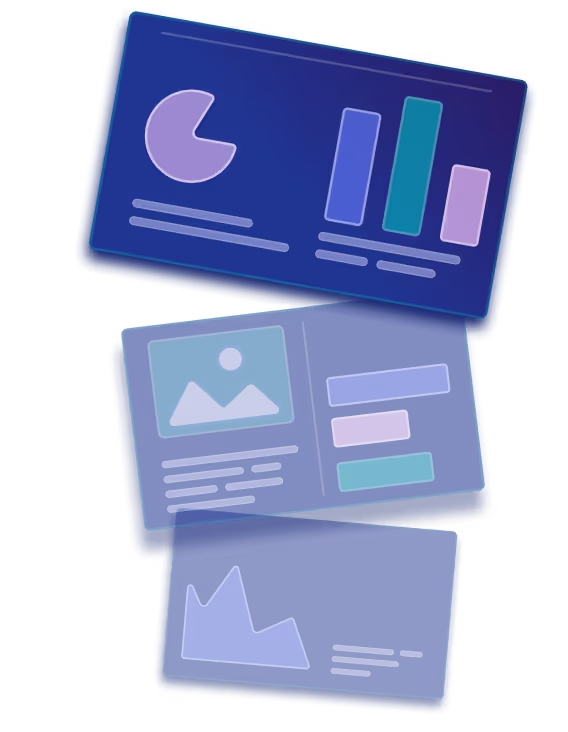
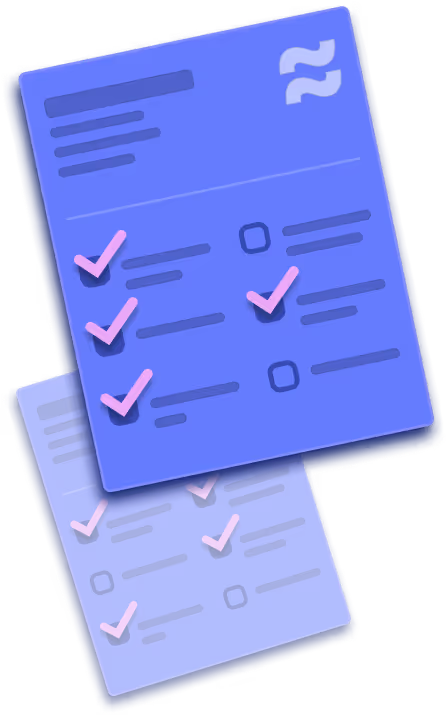
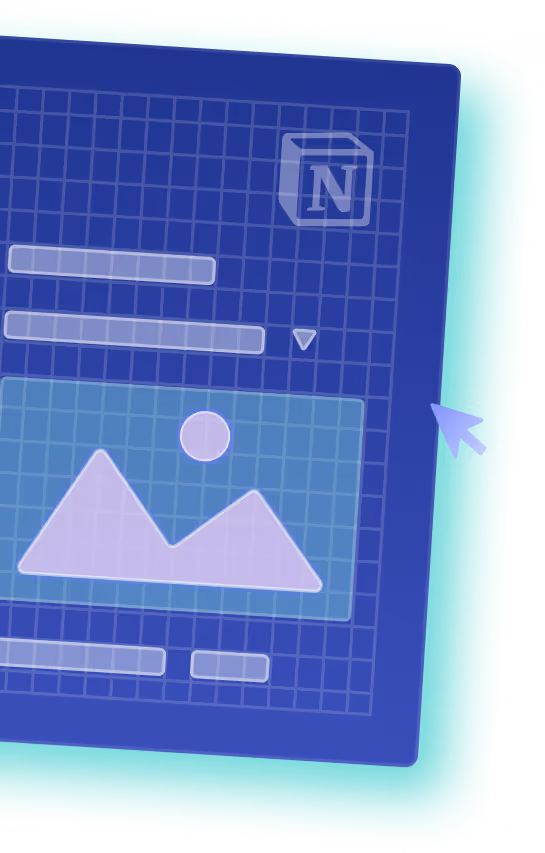
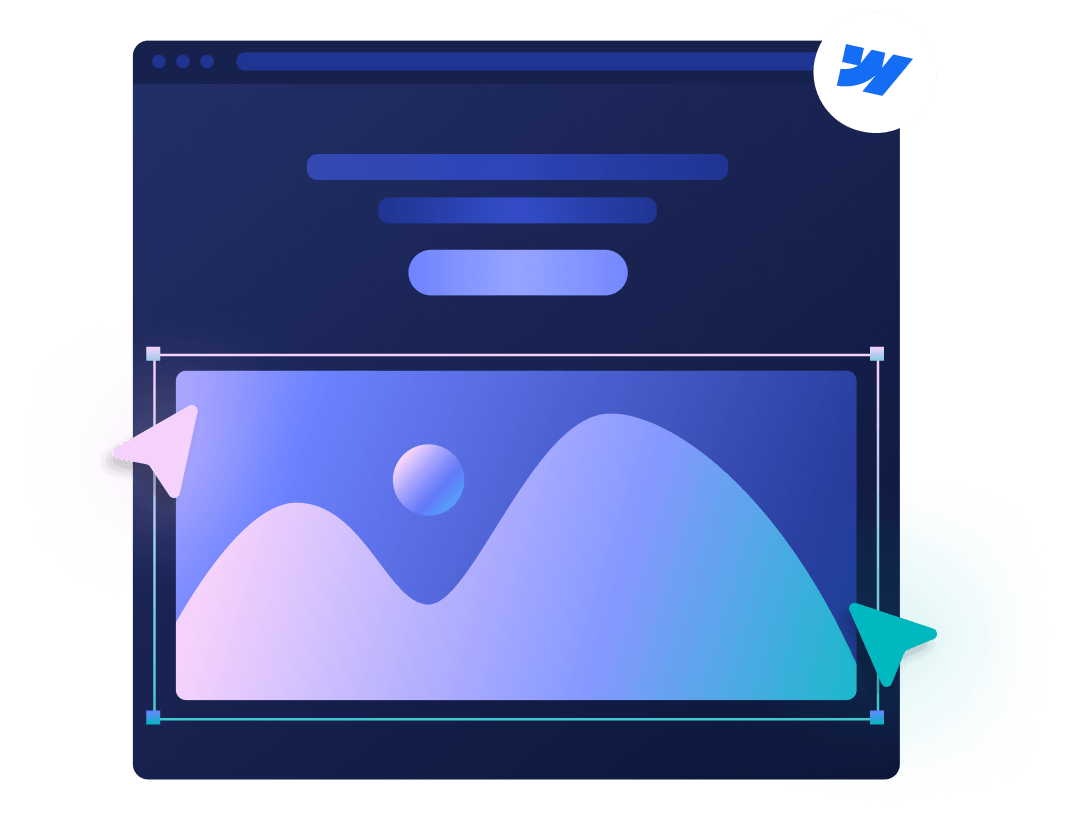

.svg)






.png)






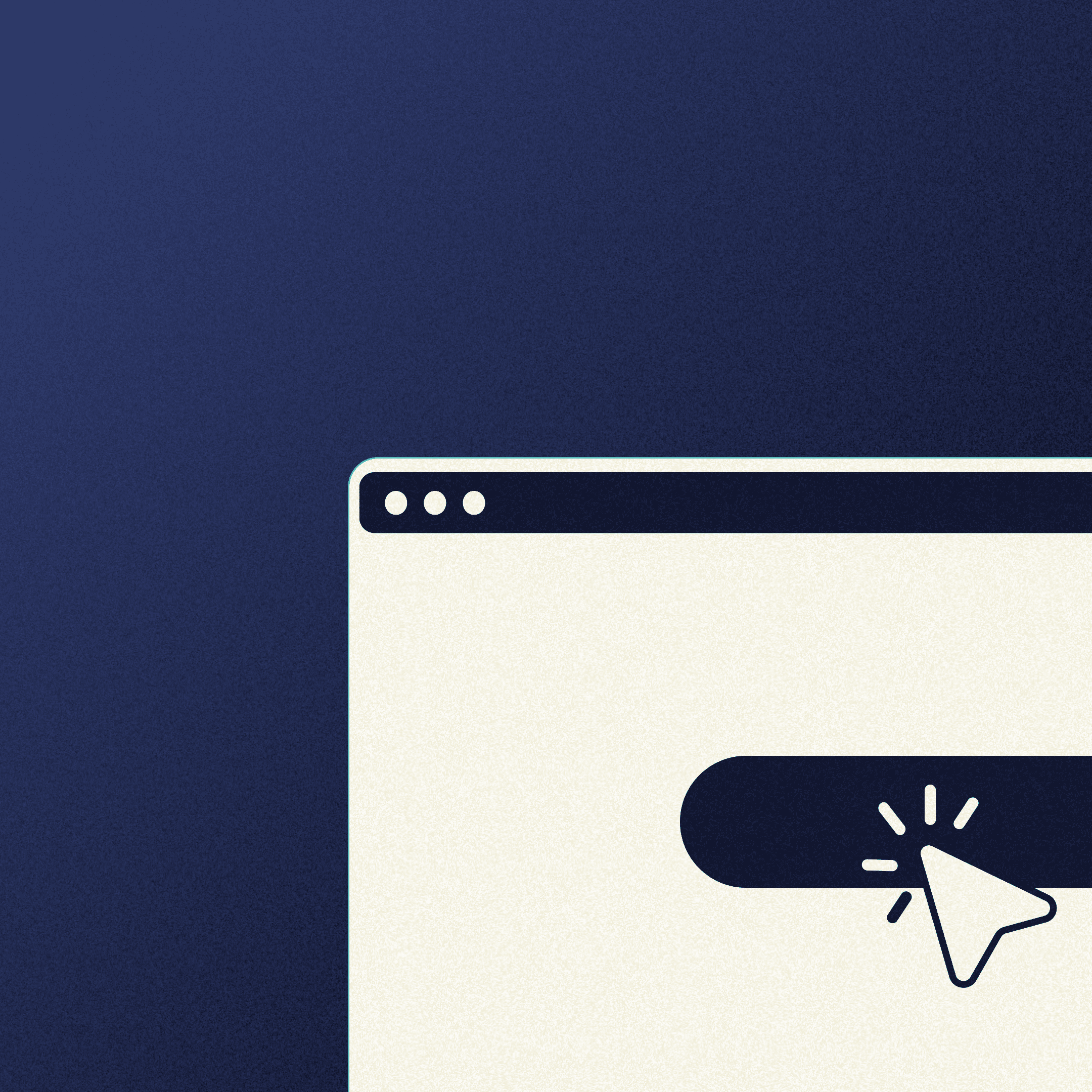

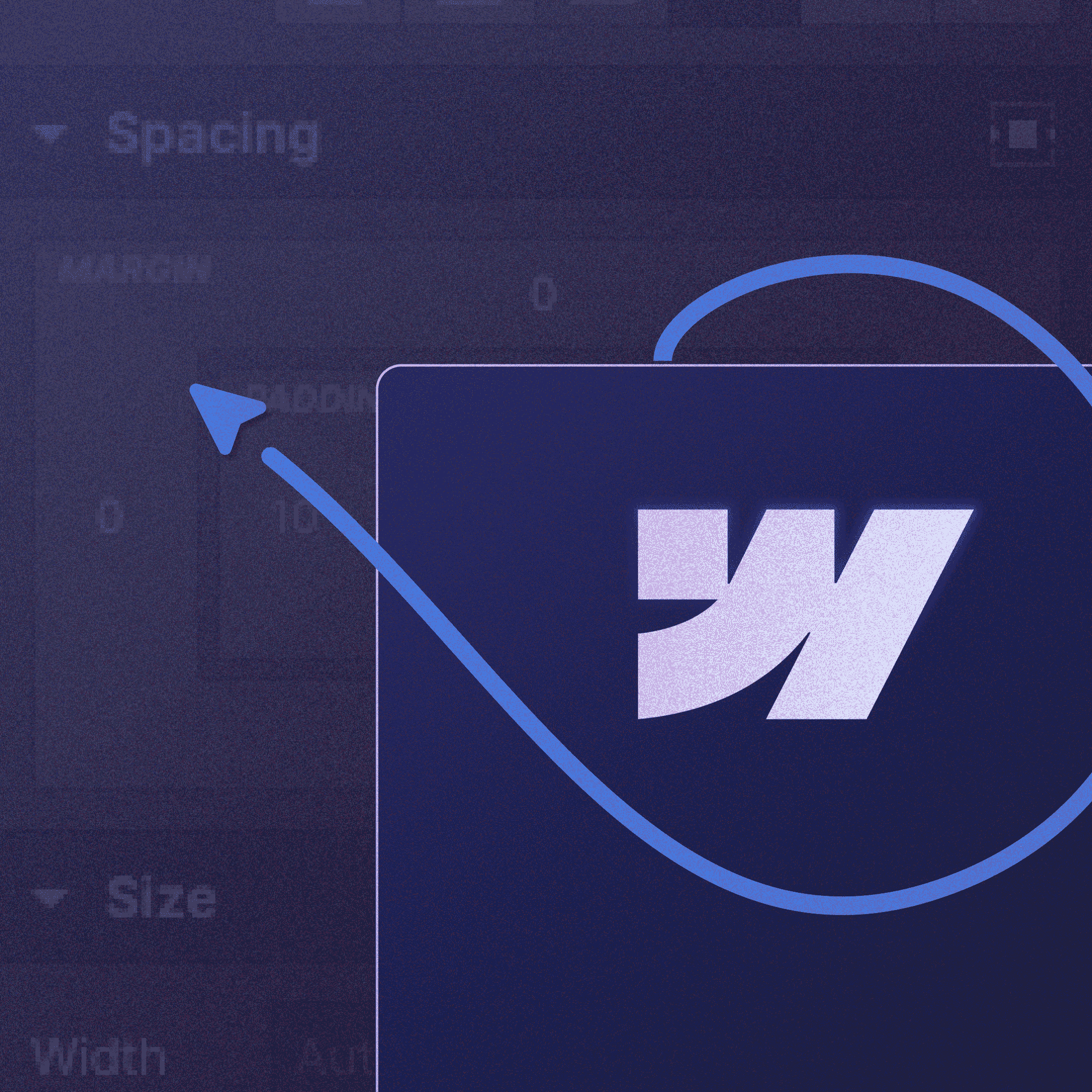
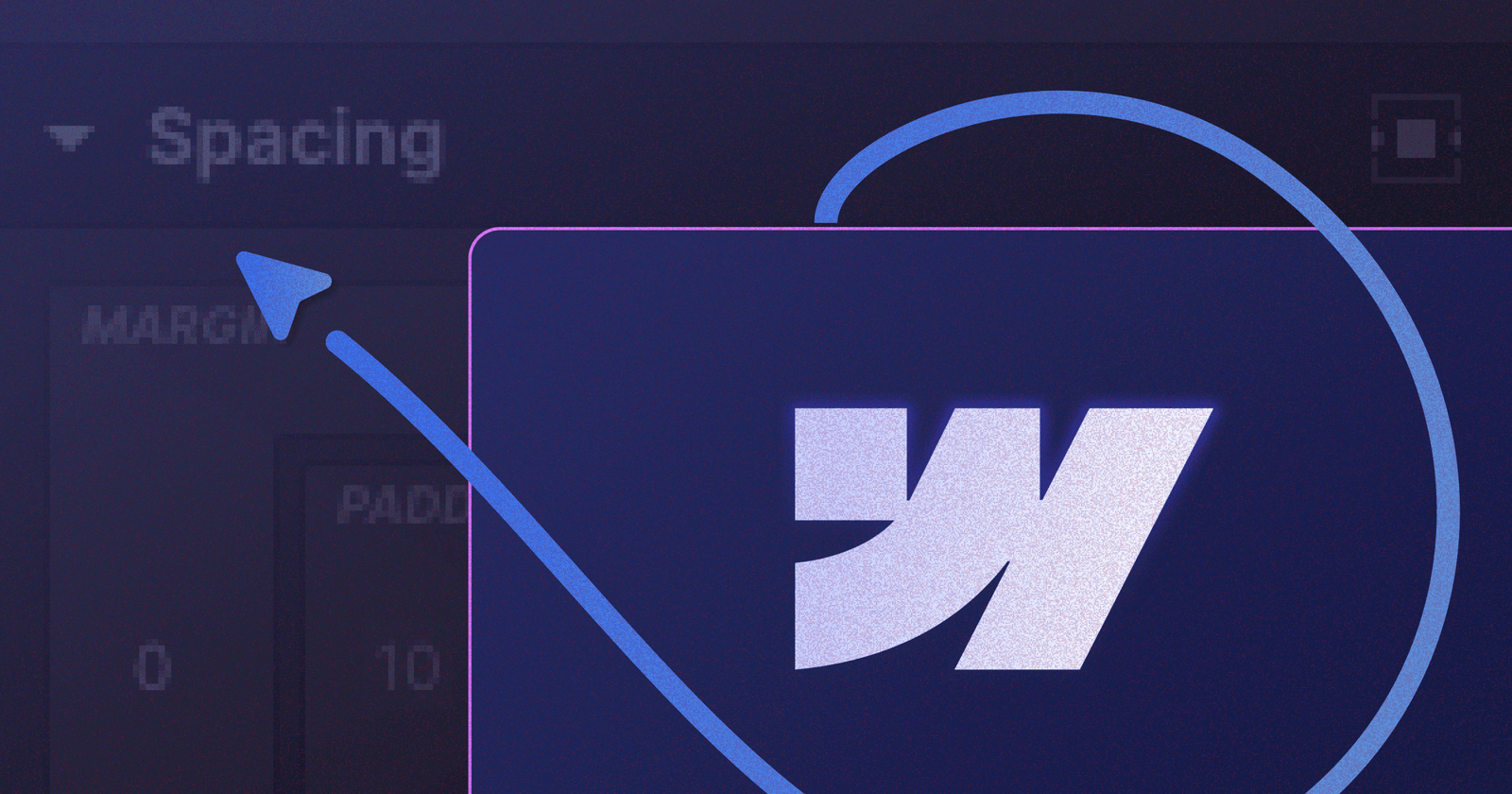









.svg)

.png)
.png)
.webp)
.svg)

